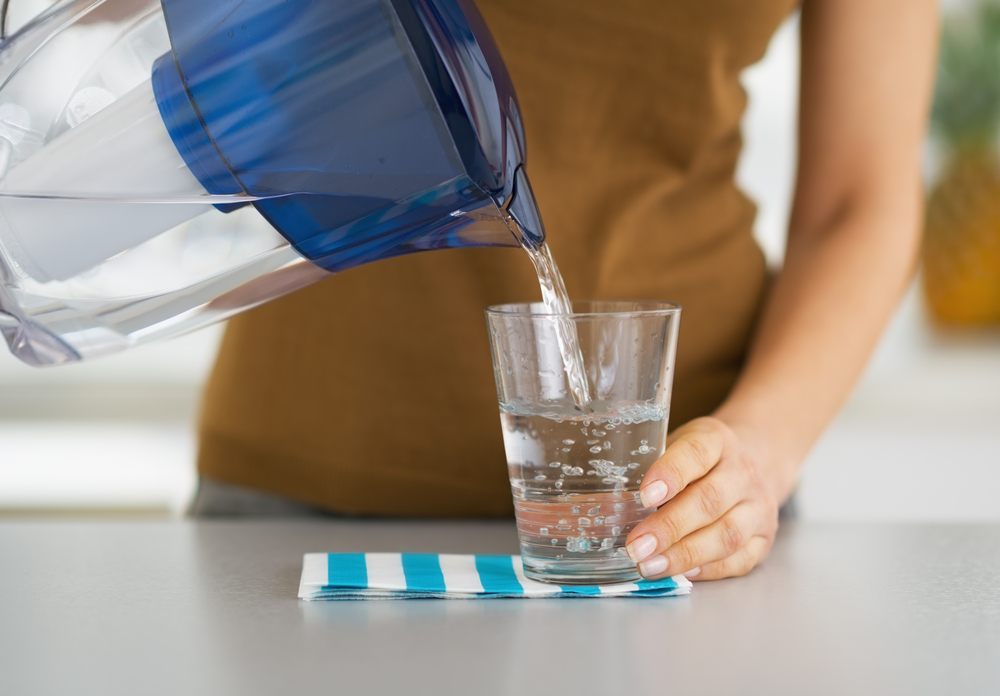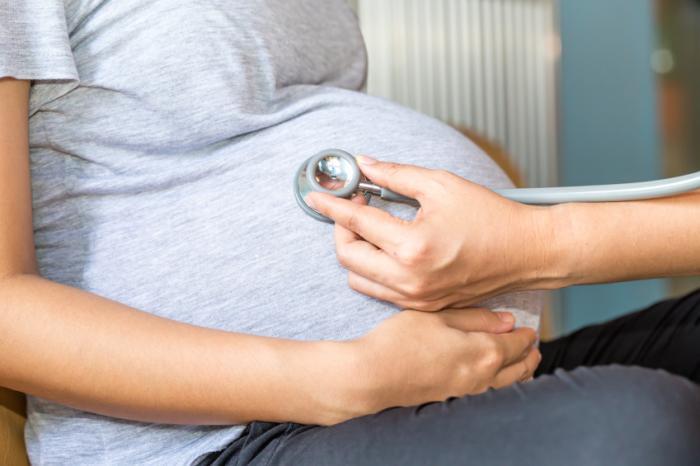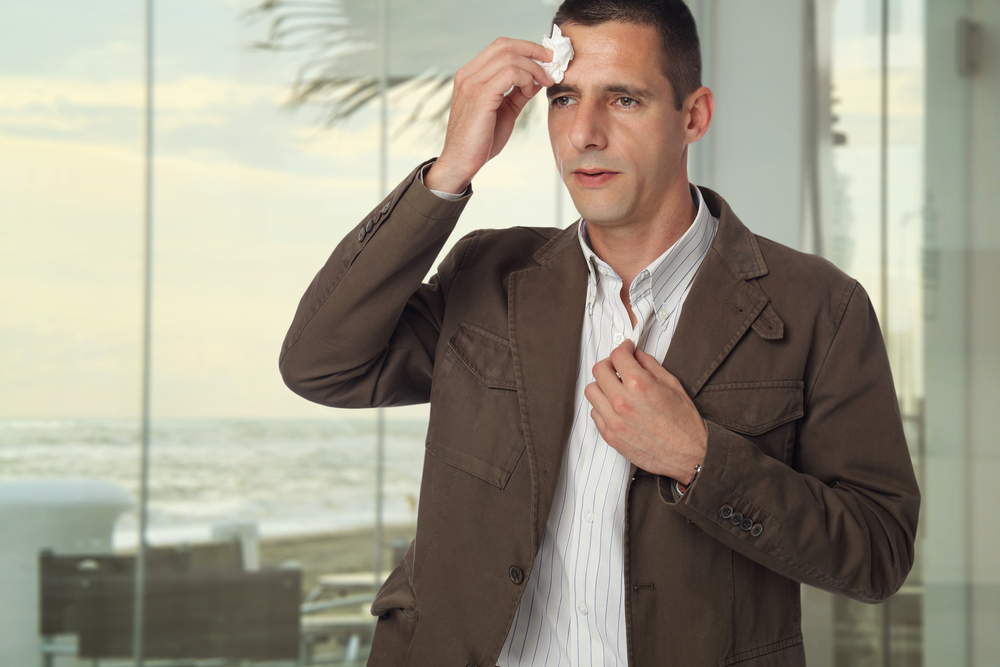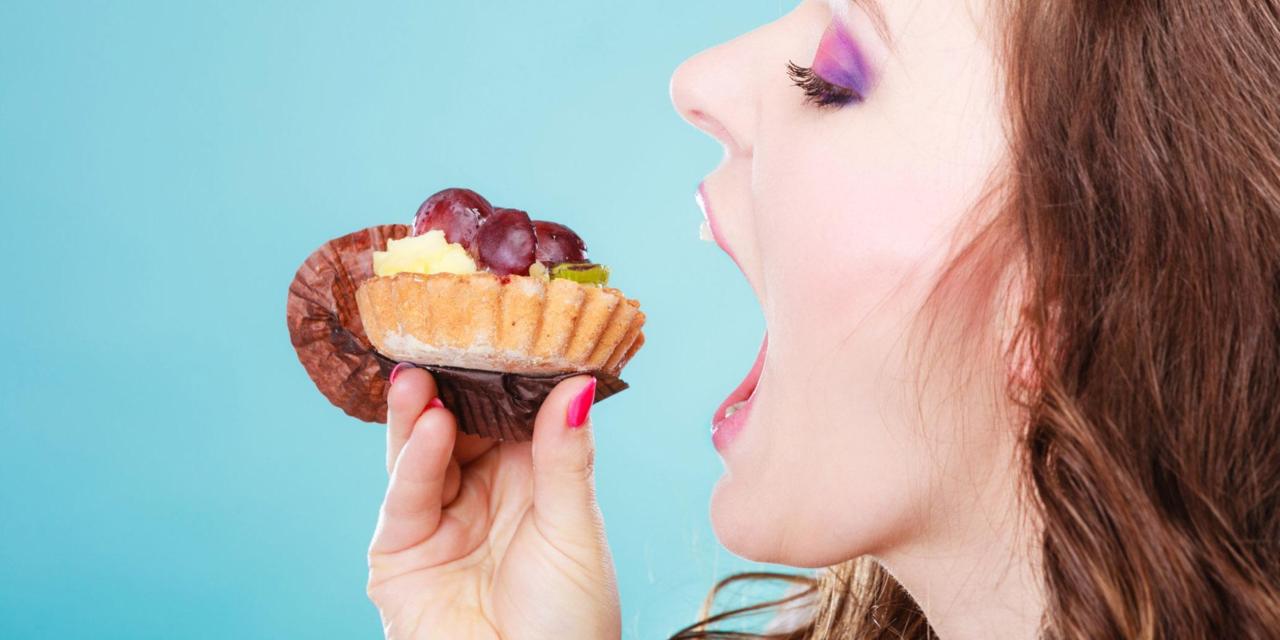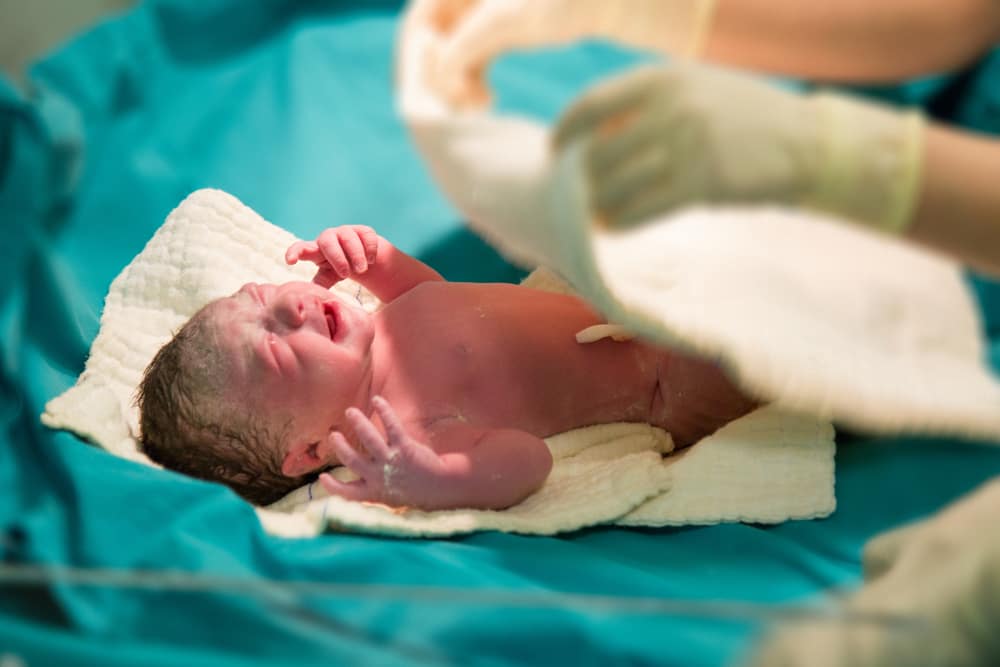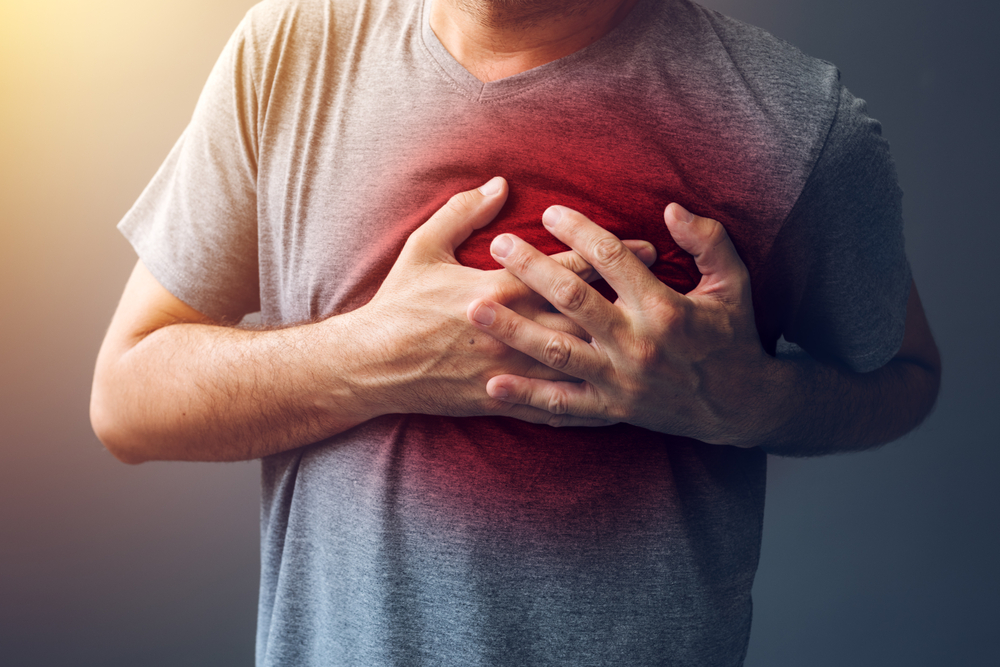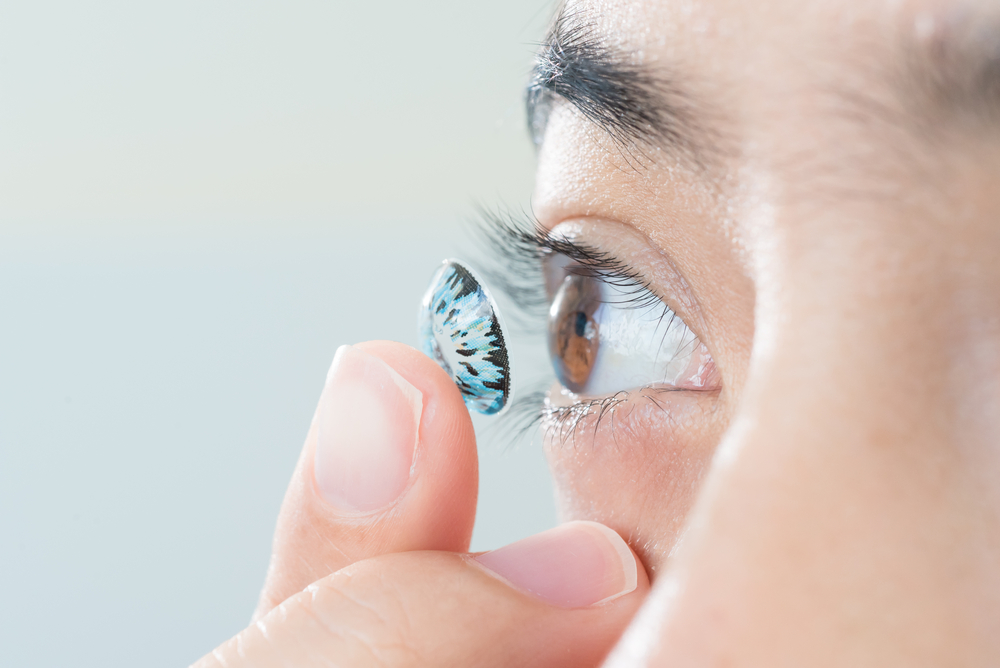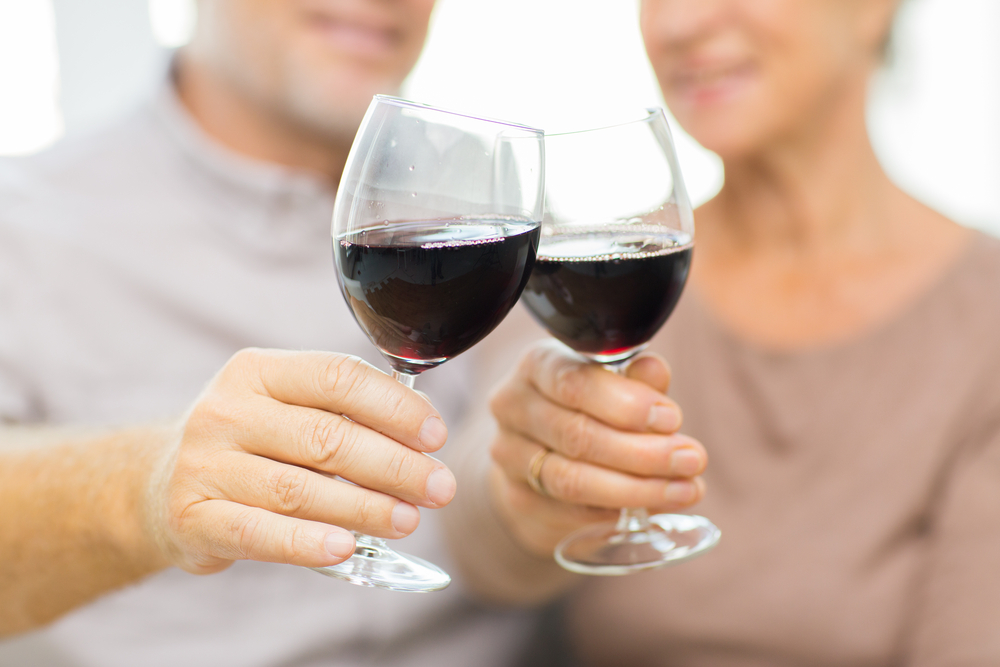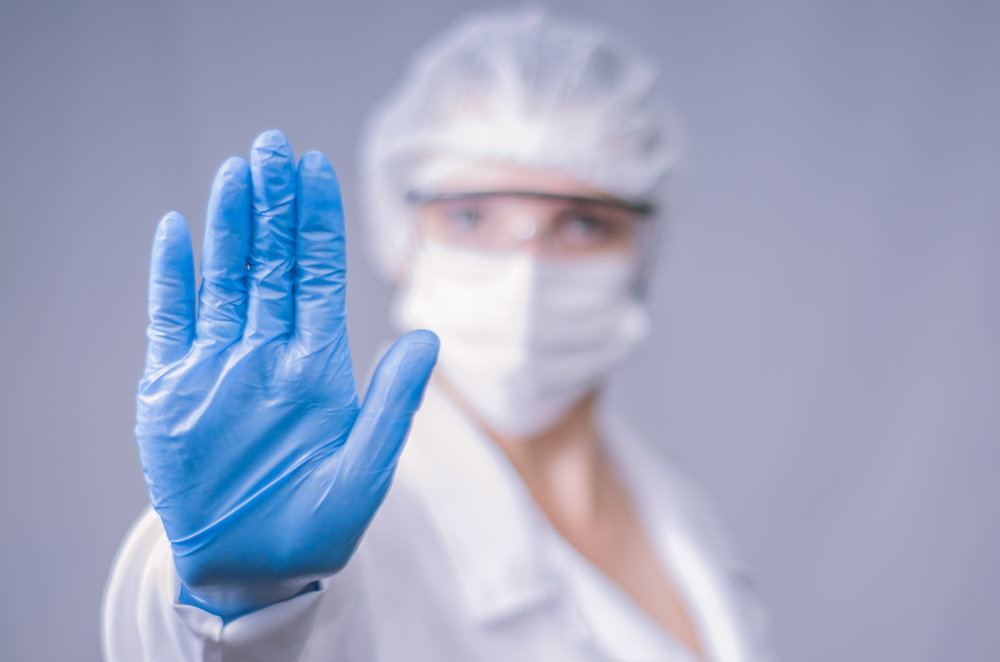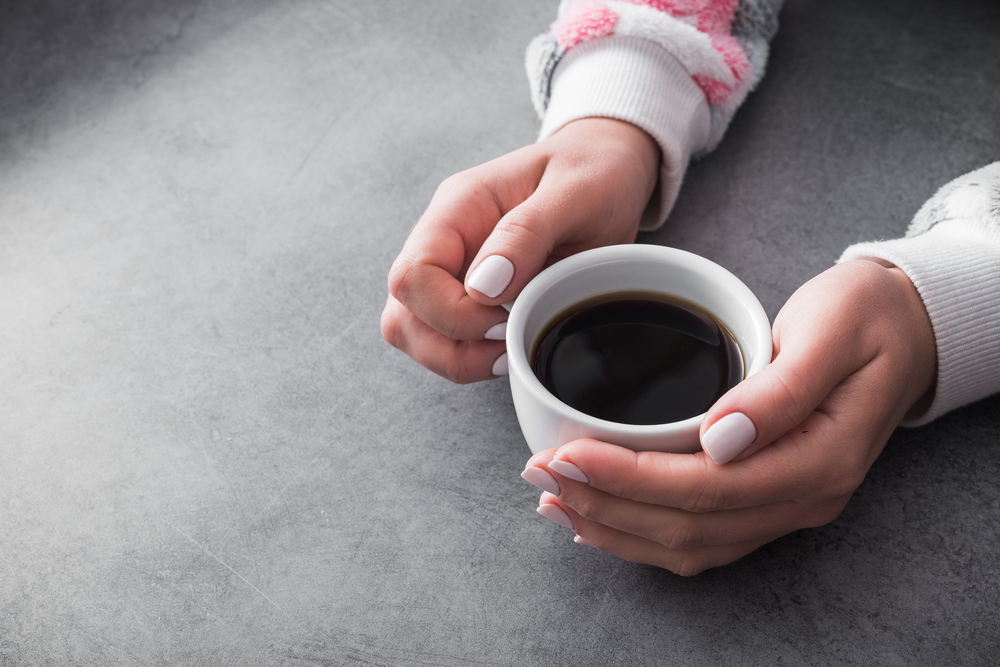Contents:
- Medical Video: ■Why Does Diabetes Cause Frequent Urination - by Dr Sam Robbins
- Relationship to dehydration and diabetes
- Symptoms of hyperglycemia
- Why are you so often pee and thirst when you have high blood sugar?
- Drinking a lot can prevent high blood sugar, how can it be?
- How much water should I drink?
Medical Video: ■Why Does Diabetes Cause Frequent Urination - by Dr Sam Robbins
Did you know that dehydration and diabetes are closely related? The condition of dehydration can worsen a person's diabetes. High blood sugar can occur due to dehydration. Diabetes is an incurable disease. You can only minimize the adverse effects that arise and prevent the threat of complications by controlling them.
The main key in managing diabetes is keeping blood sugar levels within safe limits. Uncontrolled diabetes often leads you to conditions of high blood sugar, aka hyperglycemia. However, you can actually prevent this condition in a very easy way, namely by drinking lots of water.
Relationship to dehydration and diabetes
When blood sugar is not controlled and becomes too high, you experience a condition called hyperglycemia. In this condition, the blood flowing in your body has a high sugar content. Blood sugar levels that are too high make the body unable to do all the sugar in circulation. As a result, glucose in the blood will be released along with urine.
Many factors can cause the condition of hyperglycemia in diabetics. As reported by the Mayoclinic site, some of the causes include food choices, rarely doing physical activity, certain illnesses, or forgetting to take blood sugar-lowering drugs.
Hyperglycemia without treatment can develop into a more severe condition and have an impact on other health conditions. High blood sugar that does not get special attention can cause a person with diabetes to go into a coma and need special emergency treatment. High levels of sugar in the blood in the long run will also make you at risk for various threats of diabetes complications, such as blindness, nerve problems, heart problems, and sexual function problems.
Symptoms of hyperglycemia
It is very important for you to know the initial signs of hyperglycemia in order to take the right treatment steps. Some of the initial symptoms of high blood sugar are:
- Urination becomes more frequent
- Urine becomes more concentrated (too yellow)
- Frequent thirst
- Impaired vision
- Fatigue
- Headache
More severe symptoms can arise when you do not immediately follow up on your blood sugar levels that have soared, such as:
- Breath that smells of fruit
- Nausea and vomiting
- Hard to breathe
- Dry mouth
- Limp
- Daze
- Coma
- Pain in the upper abdomen
Why are you so often pee and thirst when you have high blood sugar?
When high blood sugar levels in the blood, the body has a mechanism for removing excess sugar in the blood through urine. Removing sugar together with urine, makes urine more concentrated.
To release excess glucose through urine, the kidneys will try to take body fluids. That is why diabetics who have high blood sugar levels will feel thirsty because the body fluids they have are taken for urinary excretion.
Drinking a lot can prevent high blood sugar, how can it be?
The general way you know so far to reduce blood sugar levels might be reducing sweet foods, taking medication, and exercising. However, actually drinking lots of water can also help reduce blood sugar levels. An easy and inexpensive way right?
In a study conducted in 2011 as reported by Diabetes.co.uk, increased body fluid intake can prevent the occurrence of hyperglycemia and delay the occurrence of diabetes. The researchers also underlined the emergence of the vasopressin hormone that arises when dehydration occurs. The vasopressin hormone is a hormone that regulates body fluids. The appearance of the vasopressin hormone is one of the risk factors for hyperglycemia and diabetes.
As reported by WebMD, in a study of about 3,600 people who had normal blood sugar levels, explained that those who drank 34 glasses of water per day had a 21 percent lower risk of hyperglycemia over the next nine years compared to those who consumed only 16 glasses water per day or less.
Even though the research has not been able to provide stronger scientific evidence, considering hyperglycemia is also influenced by various factors (such as gender, weight, and physical activity), drinking lots of water has proven to have good benefits, said Ronan Roussel, researcher and health lecturer at Hospital Bichat, Paris.
Water does not have carbohydrates or calories. That is why, this drink is the best drink that can be consumed by diabetics. When you drink lots of water, your body will get enough hydration. When your blood sugar levels soar and cannot be broken down by the body, the kidneys will help expel it through the urine.
The mechanism of the kidneys in removing glucose together with urine certainly requires a lot of fluid. The kidneys will then take your body fluids. When your body is well hydrated because it drinks a lot, spending glucose through urine will occur more easily. Well, on the contrary, if you don't drink enough, your body will try to take your body fluids from other sources, such as saliva and even tears. If this condition is allowed, you will experience dehydration. Keep in mind that thirst is a signal of mild dehydration sent by your body.
How much water should I drink?
The European Food Safety Authority recommends the following amount of water to keep yourself well hydrated, namely:
- Woman: 1.6 liters of water
- Male: 2 liters of water
You should also consume water in a regular period of time. That is, don't wait until you are thirsty to drink. Drink even if you don't feel thirsty.
The amount above is the total fluid intake you need that you can get from any type of drink, even though water is the best drink.


